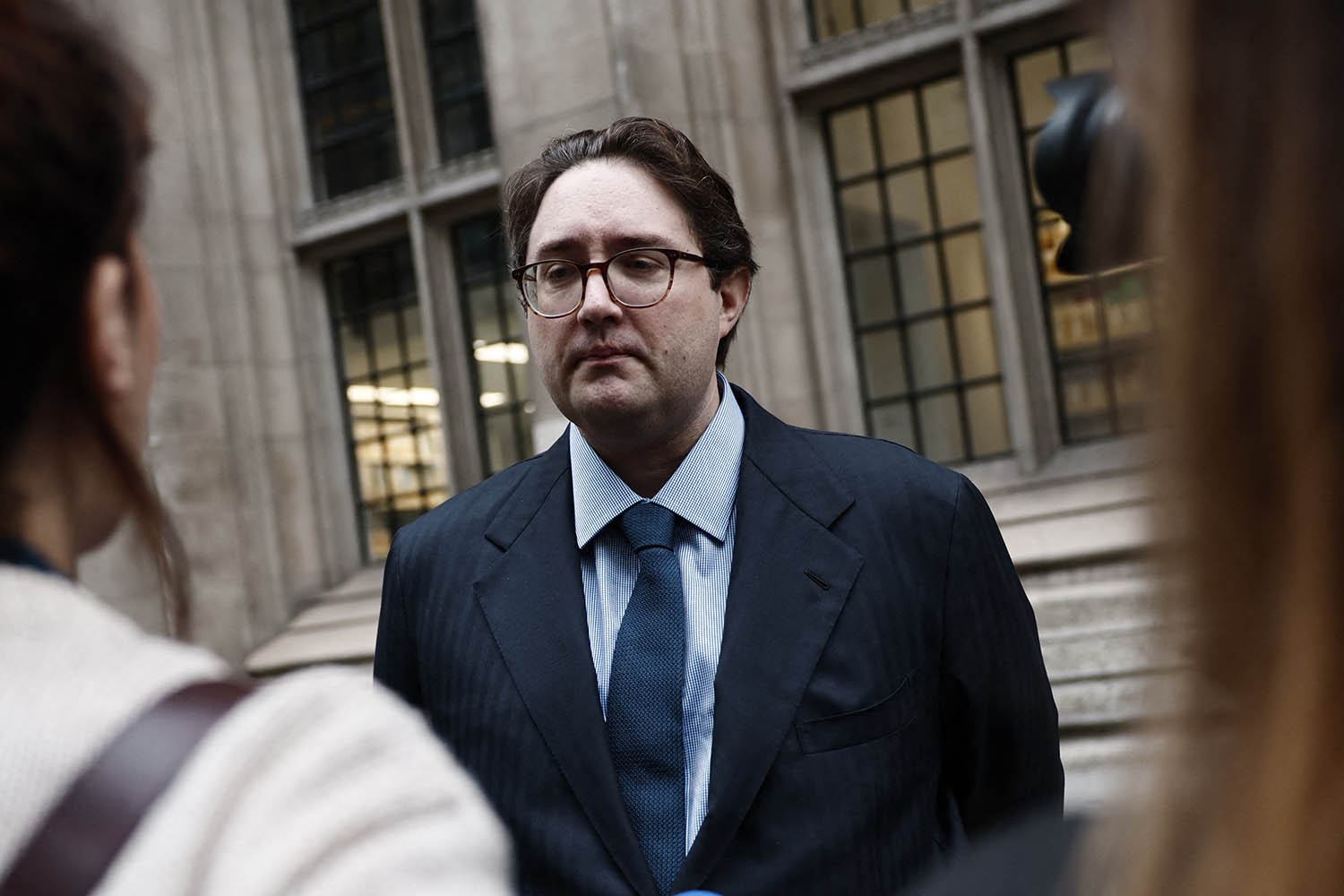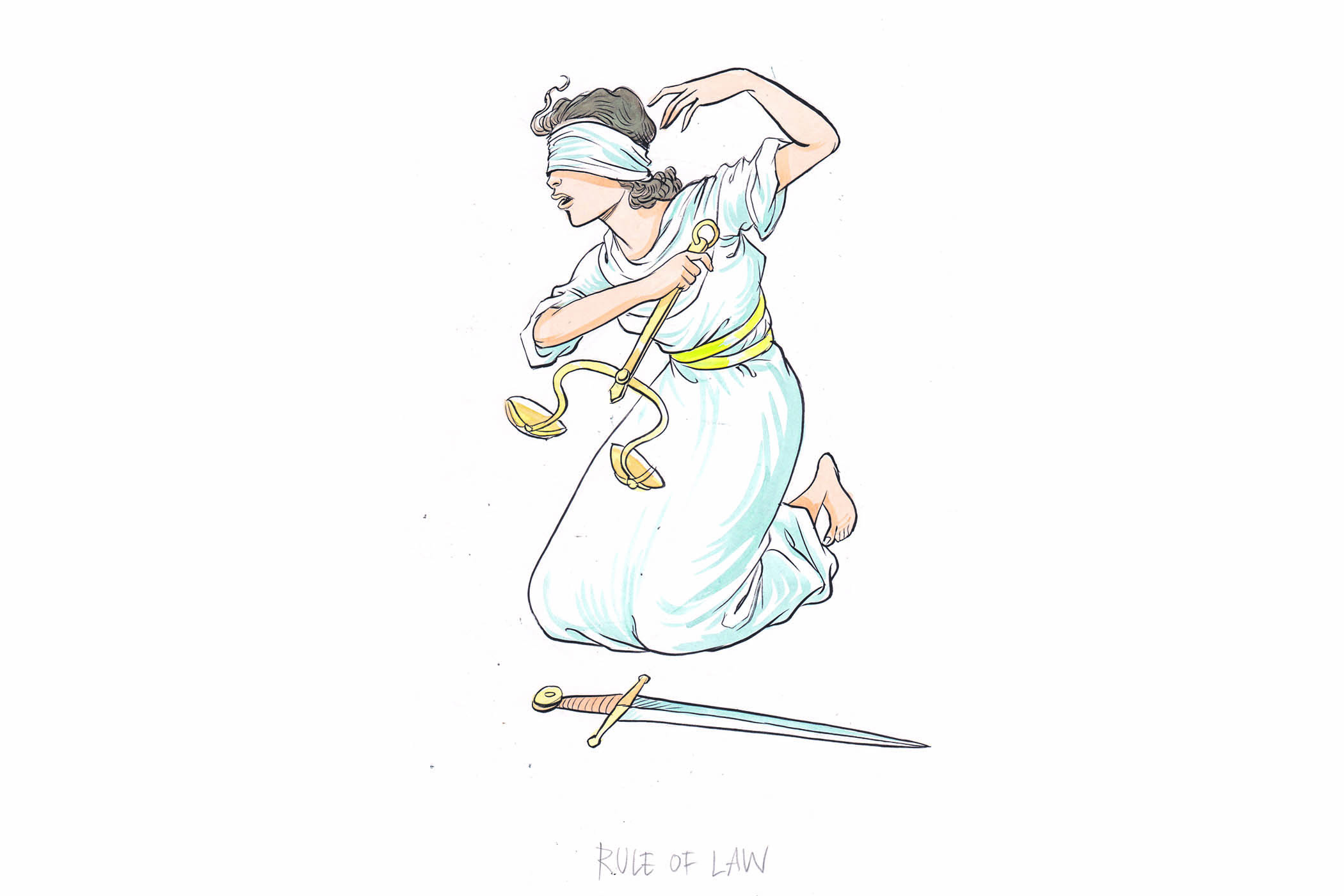The UK law firm behind a landmark £36bn class action suit against the Australian mining giant BHP abruptly dismissed its CEO on Thursday amid tensions with the firm’s mysterious financial backers. These funders have been ordered to reveal their identities by the High Court, The Observer can reveal.
Last week, Pogust Goodhead, which represents 620,000 claimants seeking compensation from BHP after the Fundão dam collapsed in Brazil, removed and put on leave its CEO, Thomas Goodhead, after he clashed with its funder Gramercy, a US fund manager whose participation was already public.
Hitherto undisclosed investors include the US funds Prisma Capital, Jive Capital and SPS Vinci, while another US entity, Cliffwater, lent $14m to Gramercy for the express purpose of funding Pogust Goodhead. Other backers remain undisclosed.
It is a dramatic turn of events in the UK’s largest-ever class action. And it shines a light on the secretive and high-stakes world of litigation funders. Backed by investment funds, third-party litigation funders cover the costs of legal proceedings on behalf of claimants who cannot afford lawyers.
But backers often take a huge slice of any financial damages awarded, and there is growing unease about whether the claimants receive appropriate compensation. When the UK’s sub-postmasters sued the Post Office, they were awarded £58m: the litigation funders’ share was £46m and the claimants only received £12m – or £21,600 each.
The issue of secret funders was highlighted in a recent report by the UK Civil Justice Council, which concluded parties in lawsuits must meet “capital adequacy requirements” and have comprehensive insurance to protect against costs.

Lawyer Thomas Goodhead
The council’s review revealed how large sections of the litigation funding market in the UK are bankrolled by anonymous secret backers.
It concluded this secrecy means courts may struggle to enforce legal cost orders, claimants may be unknowingly beholden to financiers, and their cases covertly influenced by unaccountable investors. “The UK is moving towards an increasingly predatory claims culture,” said Seema Kennedy, a former corporate lawyer and now head of Fair Civil Justice. “It is opaque where regulation has struggled to keep pace and is in favour of funders and lawyers”.
Related articles:
Pogust Goodhead’s claim in the High Court is over Brazil’s worst environmental disaster. In 2015, 19 people were killed after a dam collapsed which triggered an avalanche of toxic waste that poured into several villages. It is alleged BHP caused the disaster and is already paying £23bn in reparations in Brazil. BHP is defending a different case denying liability in the UK in October, owing to the fact BHP was listed on the London Stock Exchange at the time of the disaster.
Meanwhile, a spiralling legal bill is estimated to have reached £350m. BHP’s costs are forecast to be £108m while Pogust Goodhead’s legal fees are estimated to be £250m. As a result, BHP applied to the court for legal cost protection and also attempted to settle for roughly $1.4bn in June. In response the judge, Mrs Justice O’Farrell, ruled Pogust Goodhead must disclose to BHP all “the identities, contact details of all individuals, companies or other entities that have provided funding” for the pursuit of its claim, according to court documents seen by The Observer.
Newsletters
Choose the newsletters you want to receive
View more
For information about how The Observer protects your data, read our Privacy Policy
Last month, Pogust Goodhead disclosed a list of all its funders to BHP but most of the names have not been made public. When asked for the list, Pogust Goodhead declined.
Pogust Goodhead’s main declared financial backer is Gramercy. Under the terms of agreement, Gramercy is free to intervene and exercise its rights to control the business in the event of a default by the law firm, according to Companies House filings.
For the lawsuit against BHP, the high cost of litigation has resulted in financial pressures for Pogust Goodhead. Its 2022 annual accounts posted losses of £290m and auditors reported “material uncertainty regarding an ongoing concern”.
Meanwhile, more than 160,000 claimants (20%) have dropped out by signing a domestic settlement in Brazil. Lawyers for BHP claim 200,000 claimants could be removed because Pogust Goodhead did not file their claims until eight years after the tragedy.
Pogust Goodhead denies this. It says whether the claimants are removed will be a matter for submissions: “The most accurate data as to which claimants have received compensation and may be required to withdraw from the English proceedings will only be known after that disclosure.”
Pogust Goodhead’s high-risk, high-reward business model is dependent on lucrative and lengthy litigation which can lead to windfalls. Now the firm has removed its CEO, thousands of claimants are nervously waiting to see if this buccaneering approach to litigation succeeds.
Photographs by AP and Getty
•
This article was amended on 14 August 2025 to update information about claimant numbers.


